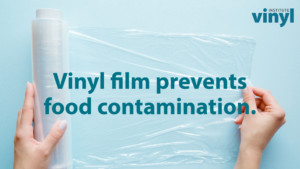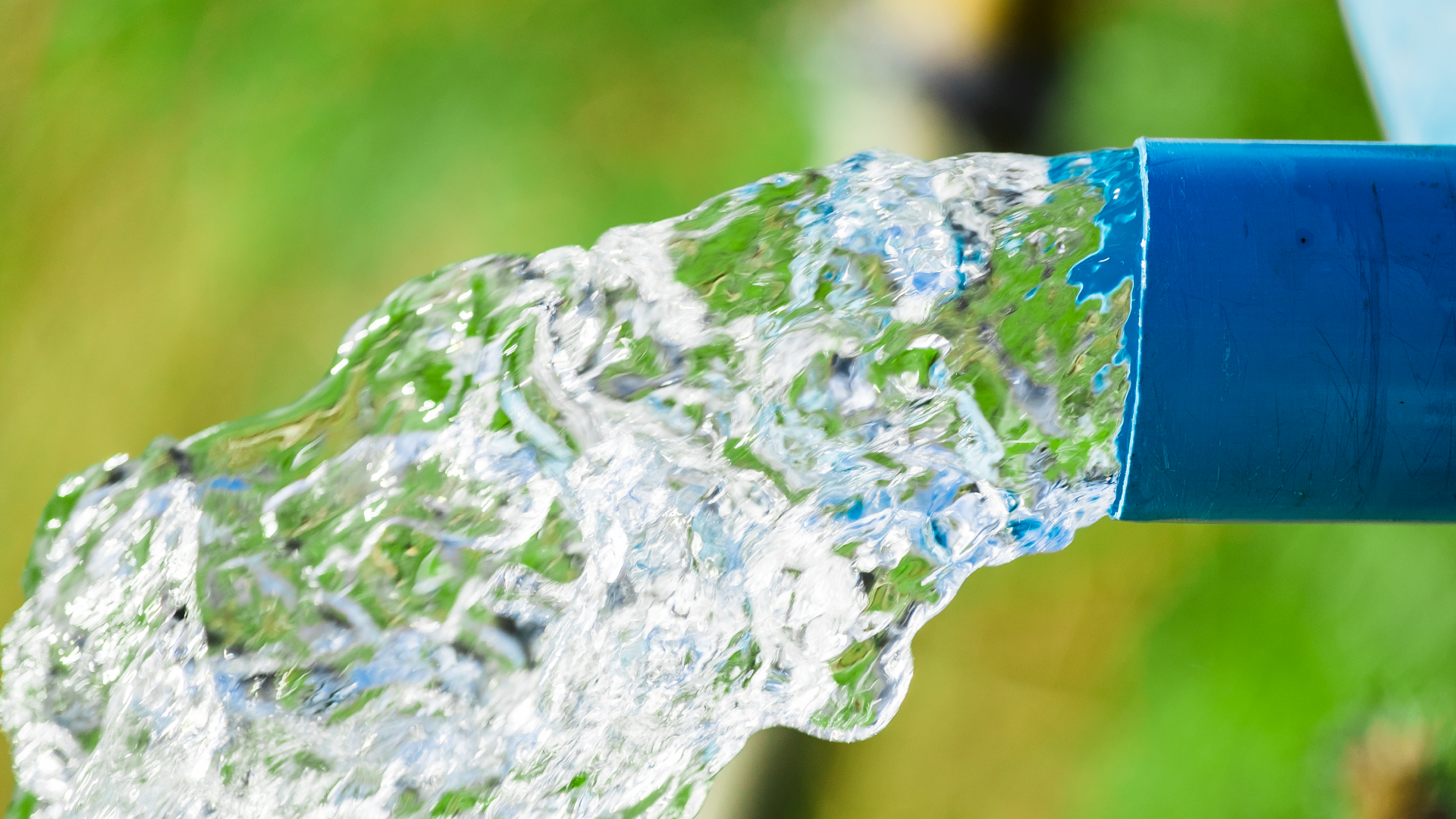This website uses cookies so that we can provide you with the best user experience possible. Cookie information is stored in your browser and performs functions such as recognising you when you return to our website and helping our team to understand which sections of the website you find most interesting and useful.
News
8 Reasons PVC/Vinyl is a Sustainable Choice
To download this information in a PDF one-pager, click here.
- PVC is recyclable and recycled
In 2019, more than 1.1 billion pounds of PVC was recycled in the US and Canada. Testing has shown that PVC can be recycled up to seven times without losing its mechanical properties – proof of its circularity.
 Its durability allows products to be in service for upwards of 100 years.
Its durability allows products to be in service for upwards of 100 years.
Sustainable vinyl siding stays in use for decades and doesn’t need to be replaced as often as other products. Termites and insects won’t destroy it, and hail won’t dent it. PVC pipes last much longer than metal, clay, or cement pipes that rust, corrode, and break much sooner, requiring additional energy to replace and fix.
- Vinyl can withstand harsh cleaning requirements.
Items like flooring, wall coverings, and upholstery all need to be regularly disinfected in medical settings. Many other materials deteriorate in those settings due to the harsh cleaning and disinfecting regimens, requiring repeated replacement and disposal. Vinyl can last longer and stay in use longer.
- PVC has less embodied carbon than most other building materials.
Iron, steel, and concrete are some of the most significant contributors to the high carbon footprints of buildings because they require more energy to manufacture and transport. Sustainable vinyl products have lower embodied carbon levels.
 PVC pipes are slick, using less pumping energy to move fluids over their lifetime.
PVC pipes are slick, using less pumping energy to move fluids over their lifetime.
On the other hand, iron pipes rust and corrode, which requires more energy to pump water. This means that PVC has a lower operational carbon footprint than rusty, corroded piping systems.
- PVC is lightweight, so it costs less to ship and install.
PVC pipes need less heavy machinery to move and install, requiring less fuel. Lightweight PVC auto parts reduce the weight of our vehicles, which improves gas mileage and reduces greenhouse gas emissions. Replacing steel components with plastic has been essential to achieving greater fuel efficiency.
 PVC packaging keeps food safe and fresh longer
PVC packaging keeps food safe and fresh longer
This reduces food waste, which is an enormous carbon creator.
- PVC supports renewable energy.
Durable, lightweight PVC is used in the core of solar turbine blades, the film, and wiring in solar panels and electric vehicle charging stations.


